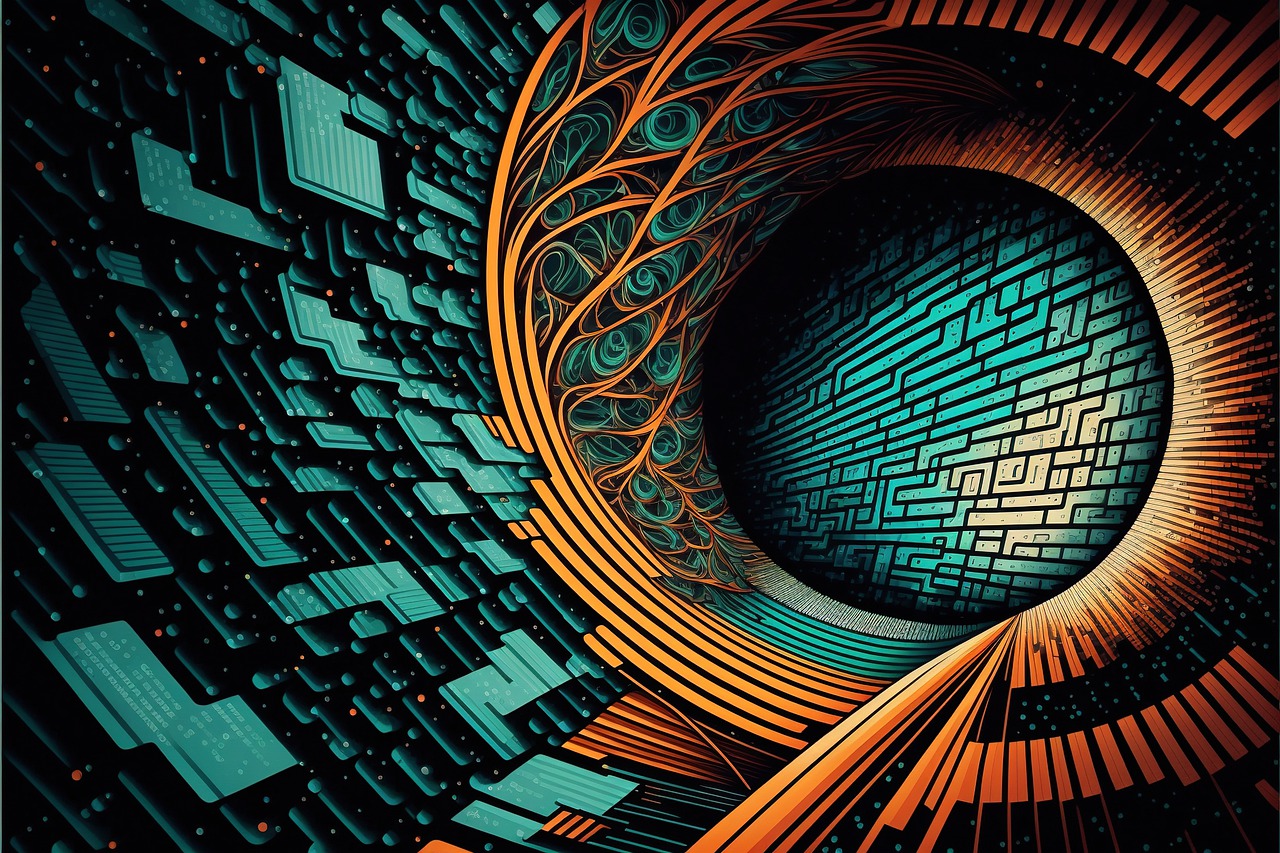Unraveling the Mysteries of Dark Web Technologies
The Dark Web is a hidden part of the internet that is not indexed by traditional search engines. It is often associated with illegal activities and black markets, where users can buy and sell drugs, weapons, and other illicit goods. Accessing the Dark Web requires special software like Tor, which allows users to browse anonymously and protect their identity.
In addition to illegal activities, the Dark Web is also a haven for whistleblowers, journalists, and individuals seeking privacy and anonymity. It provides a platform for free speech and communication without the fear of censorship or surveillance. While the Dark Web has garnered a reputation for its criminal elements, it also serves as a refuge for those in oppressive regimes or facing persecution.
The Difference Between the Dark Web and the Deep Web
The deep web and the dark web are often confused with one another, but they serve different purposes. The deep web refers to all parts of the internet that are not indexed by search engines, meaning they are not easily accessible through traditional search methods. This includes private databases, password-protected websites, and other content that isn’t meant for public consumption.
On the other hand, the dark web is a small portion of the deep web that is intentionally hidden and requires special software to access. It is a hotbed for illegal activities such as selling drugs, weapons, stolen data, and other illicit services. While the deep web is largely used for legitimate purposes like academic research and private communications, the dark web is notorious for its criminal dealings and has garnered a reputation for being a digital underworld.
How Dark Web Technologies Work
Dark web technologies primarily operate by utilizing encryption and anonymization tools to ensure user privacy and confidentiality. These technologies enable users to access the dark web without revealing their identity or location. By employing layers of encryption, such as the Tor network, users can access websites and communication channels that are not indexed by traditional search engines.
Furthermore, dark web technologies often involve peer-to-peer networks and decentralized systems to ensure the autonomy and resilience of the network. By distributing data and functions across multiple nodes, these technologies make it challenging for authorities to shut down or monitor specific websites or services on the dark web. This decentralized architecture also enhances the privacy and security of users by reducing the possibility of data breaches and surveillance.
• Dark web technologies primarily operate by utilizing encryption and anonymization tools
• These technologies enable users to access the dark web without revealing their identity or location
• Layers of encryption, such as the Tor network, are employed to access websites and communication channels not indexed by traditional search engines
• Peer-to-peer networks and decentralized systems are often used to ensure autonomy and resilience of the network
• Data and functions are distributed across multiple nodes to make it challenging for authorities to shut down or monitor specific websites or services on the dark web
• Decentralized architecture enhances privacy and security of users by reducing data breaches and surveillance opportunities.
What is the Dark Web?
The Dark Web is a part of the internet that is not indexed by traditional search engines and requires special software, like Tor, to access. It is often associated with illegal activities.
How does the Dark Web differ from the Deep Web?
The Deep Web refers to all parts of the internet that are not indexed by search engines, including things like private databases and password-protected websites. The Dark Web is a small portion of the Deep Web that is intentionally hidden and often associated with illicit activities.
How do Dark Web technologies work?
Dark Web technologies rely on encryption and anonymity to protect the identities of users. This often involves using special software like Tor to access hidden websites and communicate securely.
Can I get in trouble for accessing the Dark Web?
While accessing the Dark Web itself is not illegal, many of the activities and content found there are. It is important to use caution and be aware of the potential legal risks associated with using the Dark Web.





